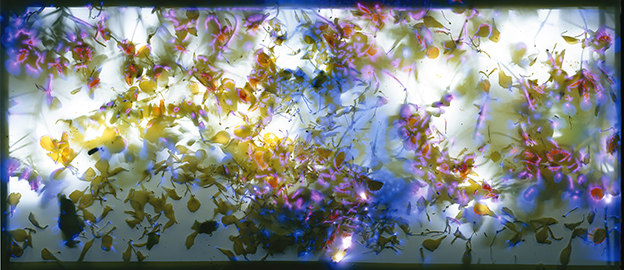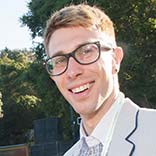It’s All In Your Head. …Or is it?
A Physician’s Perspective
Guest post: Dr. Elena Frid, MD
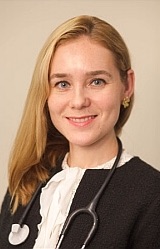 This week, we feature a guest post from Dr. Elena Frid, a board-certified NYC neurologist and specialist in Lyme disease and other vector-borne diseases. Dr. Frid has been recognized by her peers and patients for her innovative diagnostic methods and treatment regiments for a wide array of complex neuro-Lyme manifestations which often mimic other illnesses including multiple sclerosis (MS), Attention Deficit Hyperactivity Disorder (ADHD), various learning disabilities, Autism, Arthritis, Lupus, Alzheimer’s, Dementia, Parkinsons, anxiety/depression, intractable headaches, dizziness, insomnia, obsessive-compulsive disorder (OCD) behavior, ticks and many more. Here, she shares her perspective on the complexities of treating these complex illnesses.
This week, we feature a guest post from Dr. Elena Frid, a board-certified NYC neurologist and specialist in Lyme disease and other vector-borne diseases. Dr. Frid has been recognized by her peers and patients for her innovative diagnostic methods and treatment regiments for a wide array of complex neuro-Lyme manifestations which often mimic other illnesses including multiple sclerosis (MS), Attention Deficit Hyperactivity Disorder (ADHD), various learning disabilities, Autism, Arthritis, Lupus, Alzheimer’s, Dementia, Parkinsons, anxiety/depression, intractable headaches, dizziness, insomnia, obsessive-compulsive disorder (OCD) behavior, ticks and many more. Here, she shares her perspective on the complexities of treating these complex illnesses.
Over the years, I have seen numerous patients who complain of many neurologic and psychiatric conditions. Often, when a patient complains of more than one or two problems, many physicians can get overwhelmed. It is difficult to treat a patient who seems to have a multitude of problems that, at first glance, may not appear to be related. Part of the issue is that medicine is moving in the direction of treating symptoms, and not the underlying cause of the problem.
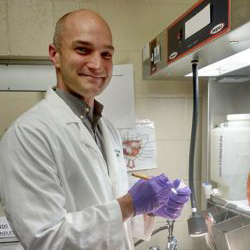 Bay Area Lyme
Bay Area Lyme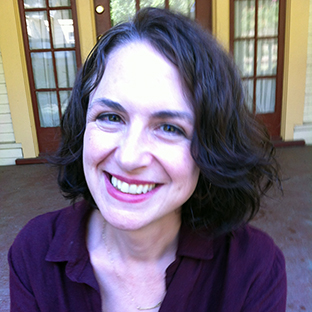 Bay Area author and noted documentary filmmaker Eliza Hemenway recently turned her journalistic eye toward her own family to document a notably personal and tryingly poignant story about her family’s trials with Lyme disease and the baffling enigma that surrounds the illness and its treatment. Her daughter, Katherine, just seven years old when infected, suffered for years before successfully being diagnosed. And even after diagnosis, the family struggled to get the care they needed.
Bay Area author and noted documentary filmmaker Eliza Hemenway recently turned her journalistic eye toward her own family to document a notably personal and tryingly poignant story about her family’s trials with Lyme disease and the baffling enigma that surrounds the illness and its treatment. Her daughter, Katherine, just seven years old when infected, suffered for years before successfully being diagnosed. And even after diagnosis, the family struggled to get the care they needed.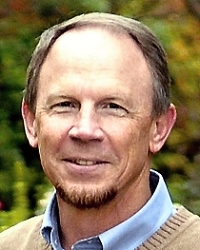 Dr. Ben Beard, PhD, Chief Bacterial Diseases Branch at the CDC, visited with Bay Area Lyme and invited guests as part of the foundation’s ongoing
Dr. Ben Beard, PhD, Chief Bacterial Diseases Branch at the CDC, visited with Bay Area Lyme and invited guests as part of the foundation’s ongoing 